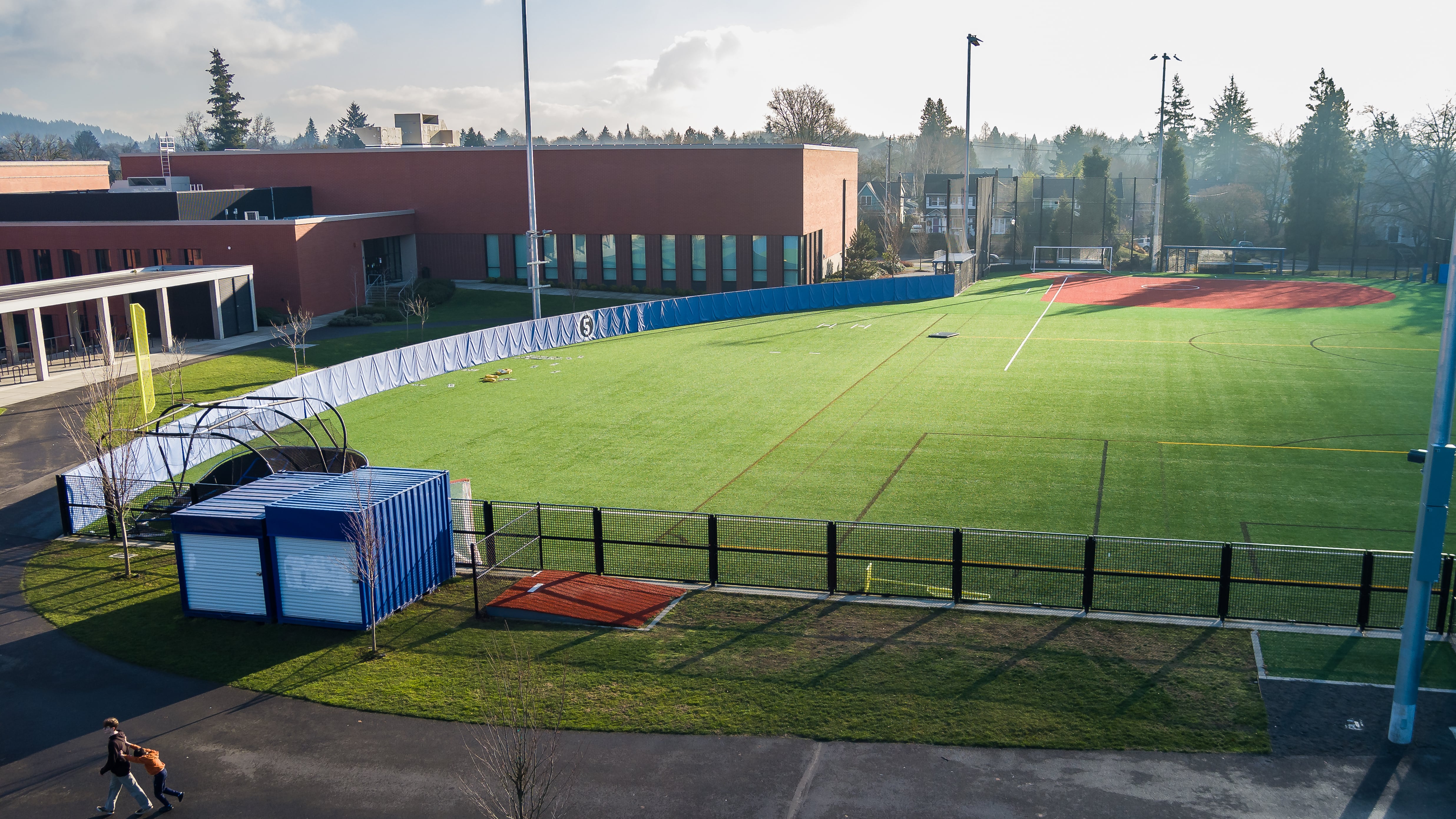Problem: Oregon’s schools produce woeful results.
Idea: Use purse strings to hold school districts accountable.
Oregon’s schools underperform those in peer states in terms of elementary and high school reading rates, graduation rates, length of school year, and a variety of other measures—and Portland historically underperforms the state’s other large districts.
For many years, K-12 advocates argued funding was the problem. Lawmakers passed the Student Success Act in 2019, kicking an extra $1.3 billion a year into the kitty. Despite the new money, Oregon’s schools lost ground to those in peer states during the pandemic.
Former state Sen. Mark Hass (D-Beaverton), who worked for a decade to build support for the new funding, is one of many voices who see a massive disconnect: The Legislature funds schools (about two-thirds of the average district’s budget comes from Salem) but exercises almost zero oversight.
“It’s one of my long-running frustrations,” Hass says. “There’s nothing stopping districts from spending on whatever they want.”
That freedom is tied to the fact that each of Oregon’s 197 school districts negotiates its own contracts and sets its own budget, even though most of its funding comes from Salem. “The argument is ‘local control, don’t micromanage,’” Hass says. “Since the Legislature is the bankers, they should be able to at least macro-manage.”
Hass suggests lawmakers could push for a statewide salary schedule, requirements for the number of instructional hours and days, and better accounting of how many dollars make it to the classroom.
“There are a myriad of ways to guarantee taxpayers are getting the biggest bang for the buck,” Hass says.
In Salem, the oversight process for other public agencies can be brutal: Managers from the smallest to the largest agencies get hauled in front of the budget-writing Joint Ways and Means Committee for cross examination and detailed dissections of their budgets. For K-12 education, the largest single line item in the state’s general fund budget: crickets.
Julia Brim-Edwards, who, as Nike’s former director of government affairs, developed an intimate knowledge of the state budget and is in her second stint on the Portland Public Schools board, says from her personal perspective, more involvement from lawmakers could improve outcomes.
“I would support greater oversight and accountability from the state for the money that we get,” Brim-Edwards says. “I think it’s fair we be required to demonstrate better student outcomes.”
